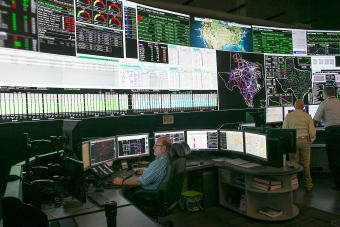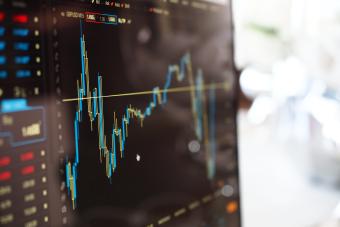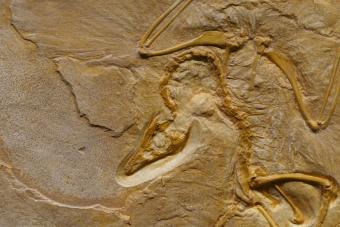
Investigating How and If We Can Aggregate Microscale Processes to Consistently Match Macroscale Patterns
This research seeks fundamental knowledge via applications in energy and economic systems. We ask the following “How do we understand how the world works? How does this understanding depend on how we count and connect elements in the economy in models? How do these modeling decisions affect energy and economic policy and investment decisions?” These are largely questions of epistemology, or how we obtain knowledge about the world. We recognize multiple types of decision-making entities, or agents (people, companies, cities, countries, etc.), and the physical laws of the world (e.g., laws of thermodynamics). Even though we agree the economy is composed of human agents and physical machines that consume energy, we do not all agree how to represent them to interpret historical data and project future possibilities. Thus, this research seeks enhanced understanding of how different scales of spatial, temporal, and conceptual aggregation of data affect our modeling and views of how energy and economic systems function.
An example shows differences in perspectives across scales and perceptions of agents. Today, everyone in the U.S. could choose to fly to Paris tomorrow. Practically, however, this is impossible because there are not enough planes and time. Hence, there are constraints at the macro scale (number of planes, time) that do not pose apparent restrictions at the micro scale (e.g., 1 individual getting on a single 7-hour flight). This is not simply a matter of changing prices to meet demand: there are simply not enough planes in the immediate term.
In a similar manner, we know it is technically possible to power the economy via low-carbon technologies, and some individual persons and companies have done so, but these technologies are not yet installed to replace unmitigated use of fossil fuels for the entire global or US economy. What are the micro and macro-scale constraints that influence the makeup of our energy system?
This research has potential impact on a wide range of energy, economic, and environmental issues such as shifting to low-carbon energy and a circular economy. These major economic transformations ultimately involve hundreds to billions of individual choices and investments, and each one might constrain the others.
Faculty and Researchers
Eric Abelson, Research Scientist
College of Natural Sciences | Department of Integrative Biology
Chandrajit Bajaj, Professor
College of Natural Sciences | Department of Computer Science
Kasey Faust, Assistant Professor
Cockrell School | Department of Civil, Architectural and Environmental Engineering
John Hasenbein, Professor
Cockrell School | Graduate Program in Operations Research and Industrial Engineering
Timothy Keitt, Professor
College of Natural Sciences | Department of Integrative Biology
Carey King, Research Scientist & Assistant Director
Energy Institute
Erhan Kutanoglu, Associate Professor
Cockrell School | Graduate Program in Operations Research and Industrial Engineering
Larry Lake, Professor
Cockrell School | Department of Petroleum and Geosystems Engineering
Benjamin Leibowicz, Assistant Professor
Cockrell School | Graduate Program in Operations Research and Industrial Engineering
Michael Marder, Professor
College of Natural Sciences | Department of Physics
Zoltan Nagy, Assistant Professor
Cockrell School | Department of Civil, Architectural and Environmental Engineering
Geeta Persad, Assistant Professor
Jackson School | Department of Geological Sciences
Varun Rai, Associate Dean for Research
LBJ School | Department of Public Affairs
Peter Stone, Professor
College of Natural Sciences | Department of Computer Science
Areas of Research

Physics
Statistical mechanics to thermodynamics

Climate Modelling
Weather forecasts to climate change predictions

Biology
Single cell functions to eusocial organism cooperation and allometric scaling

Energy & Economic Systems
Short-term electric grid dispatches to integrated energy infrastructure

Porous Media Flow
Rock core permeability to carbon storage reservoirs

Technology Diffusion
Agent-based consumer behavior models to widespread technology adoption

Economics
Consumer day-to-day choices to energy gross domestic product and deficit

Evolution
Genotypes to phenotypes
